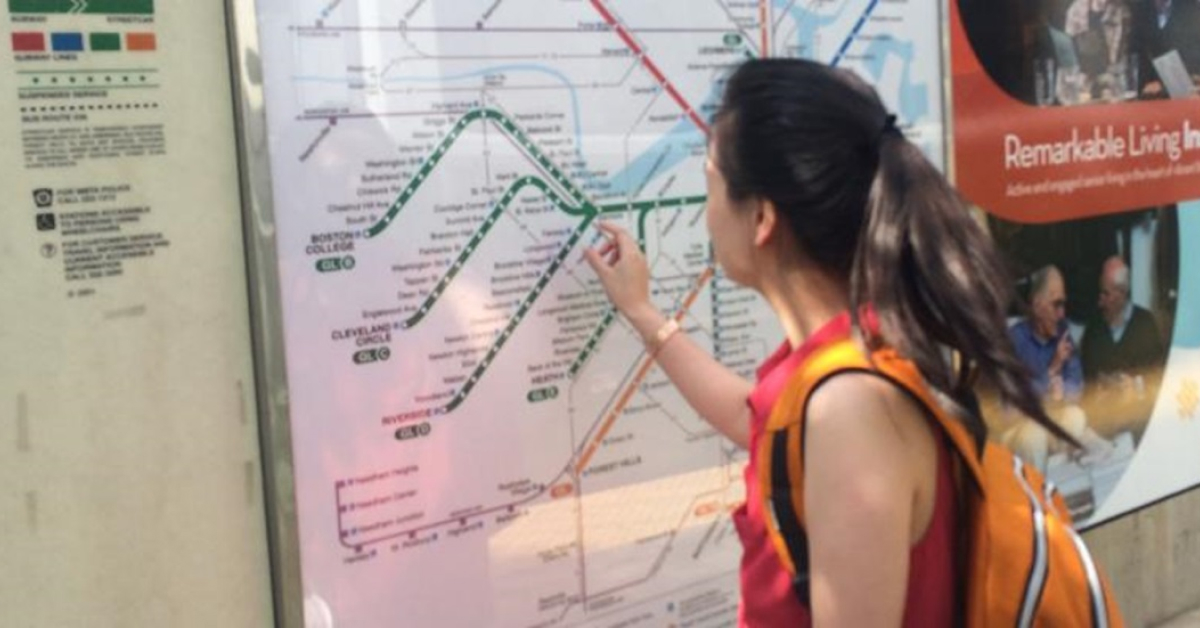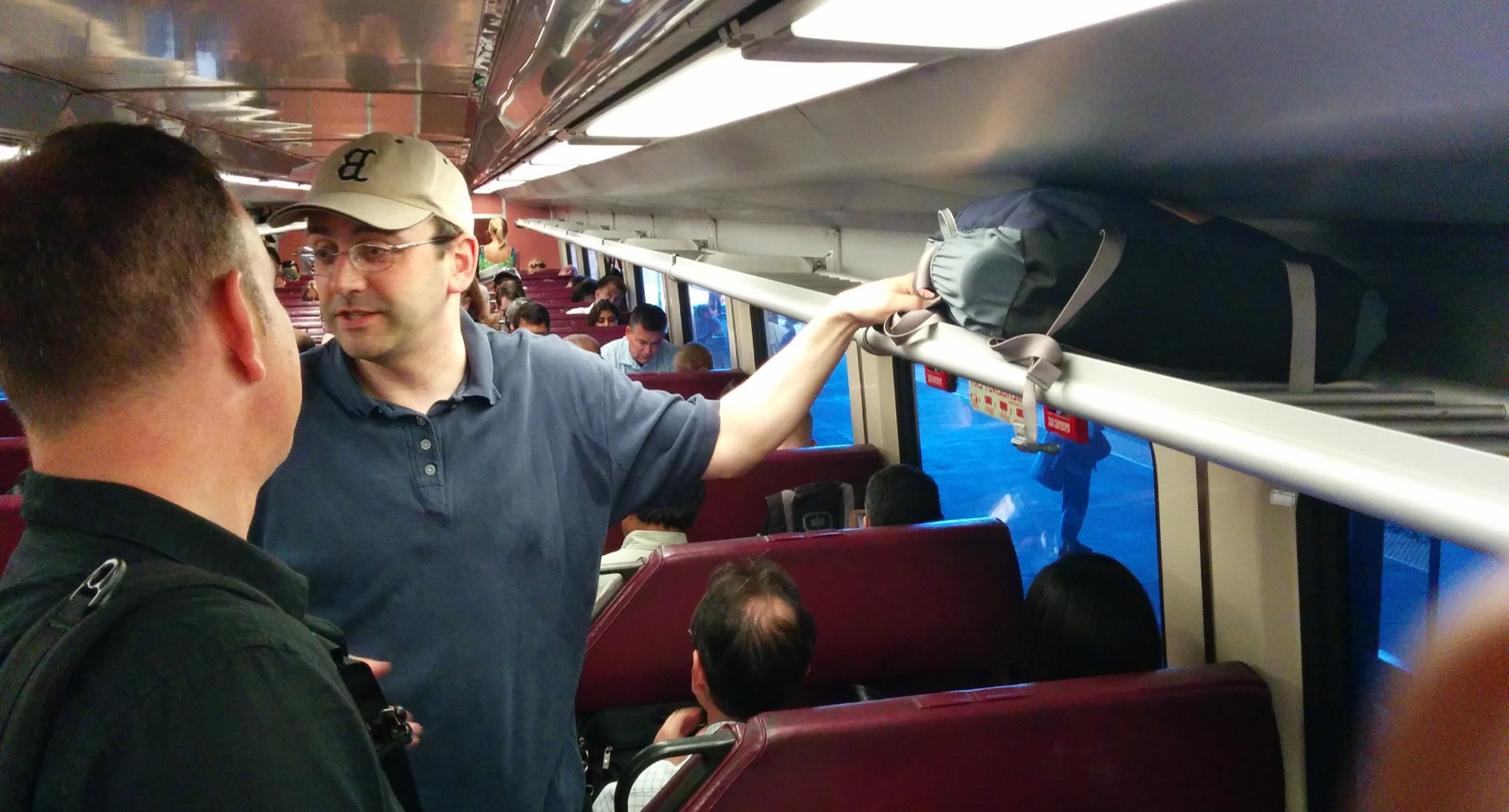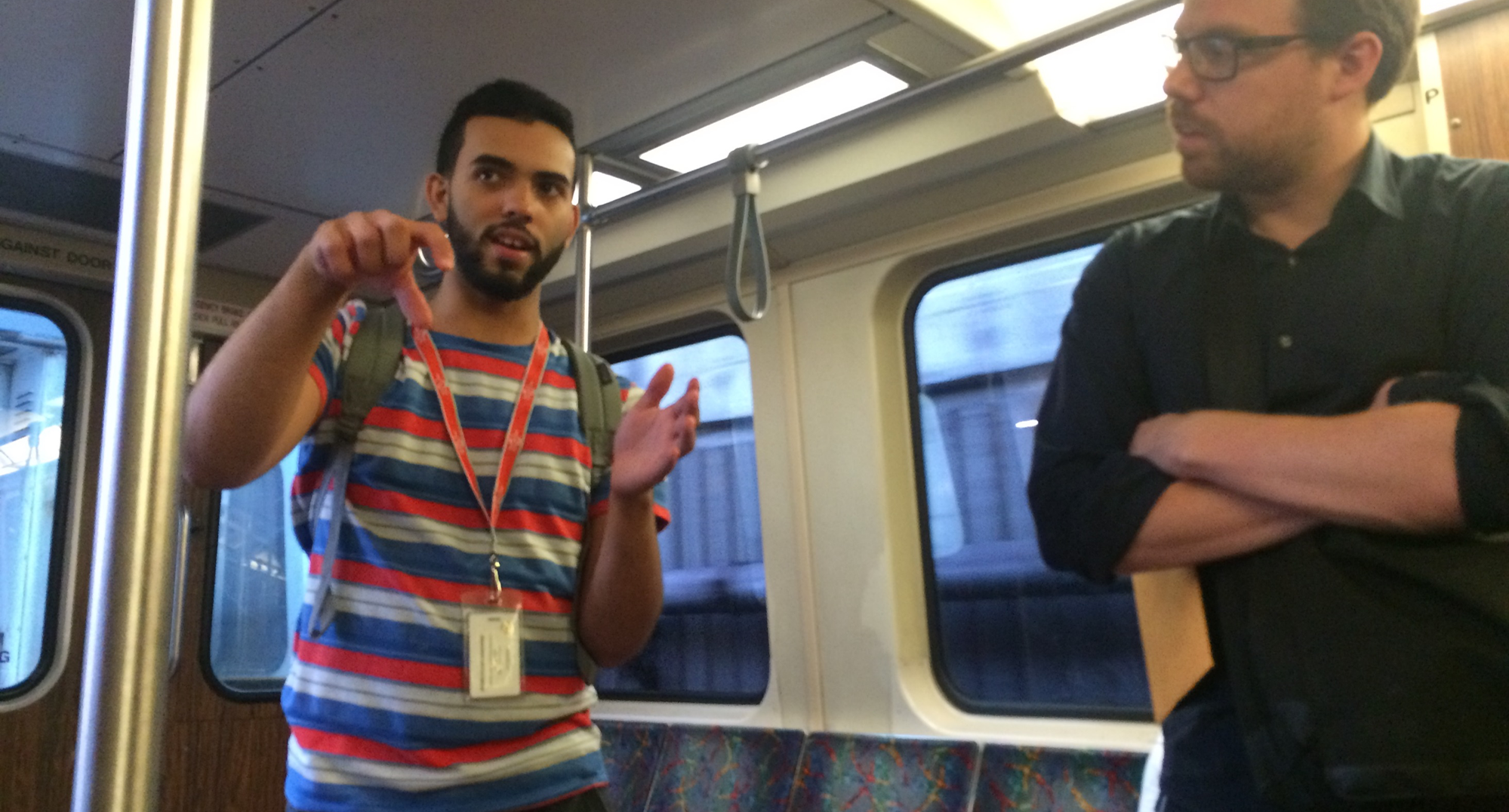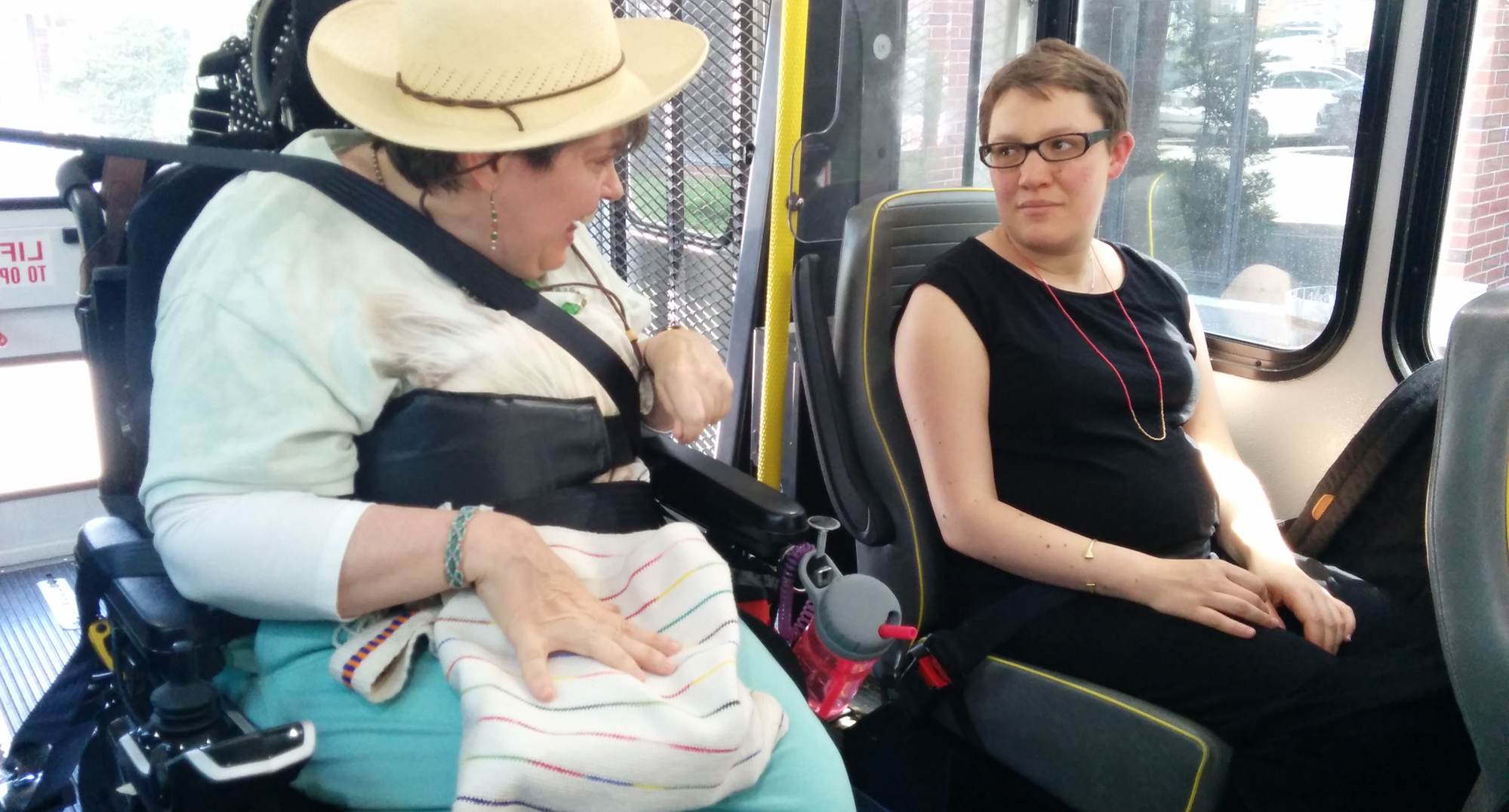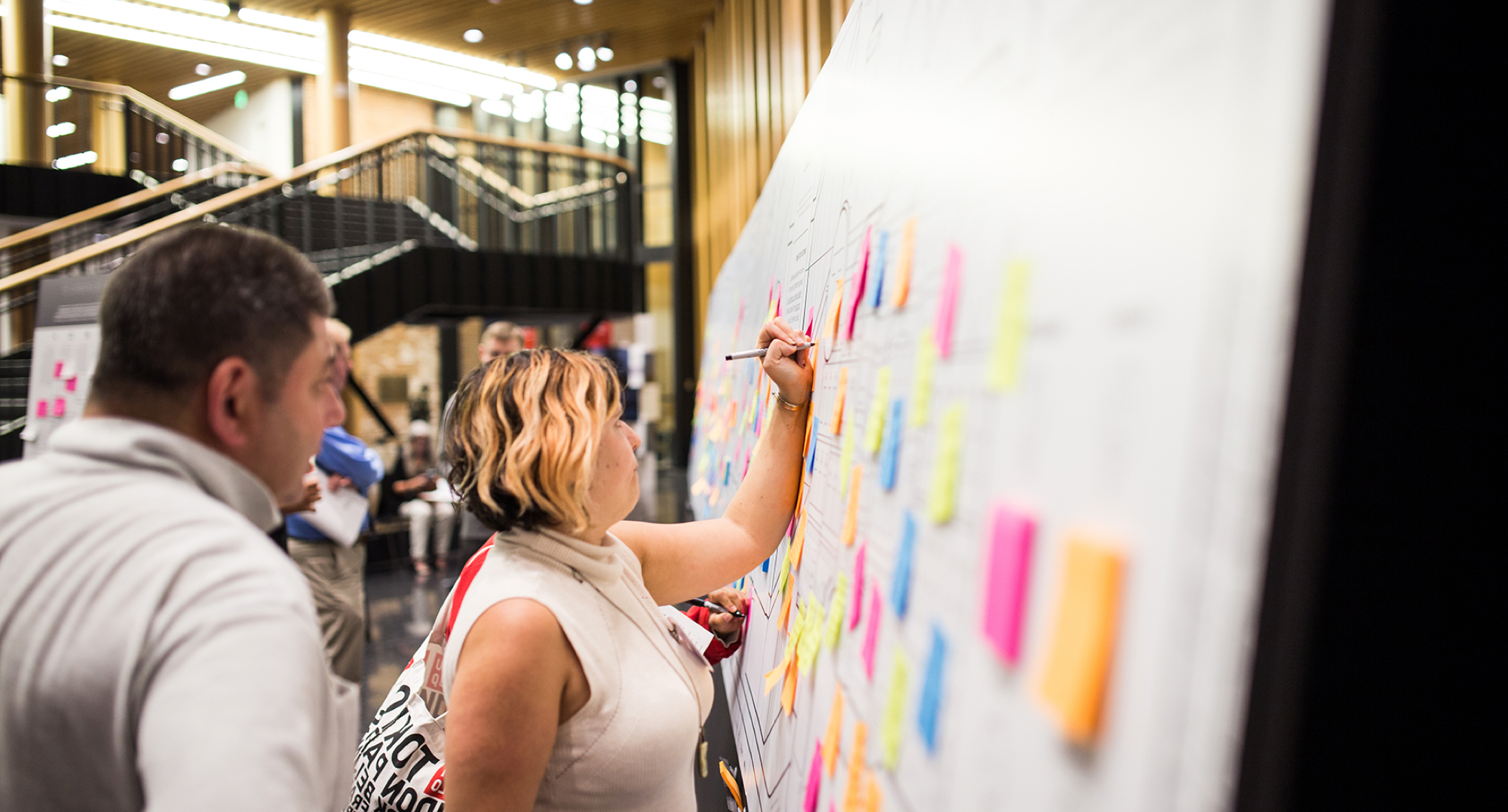Challenge
Massachusetts Department of Transportation: Rider-Centric Approach
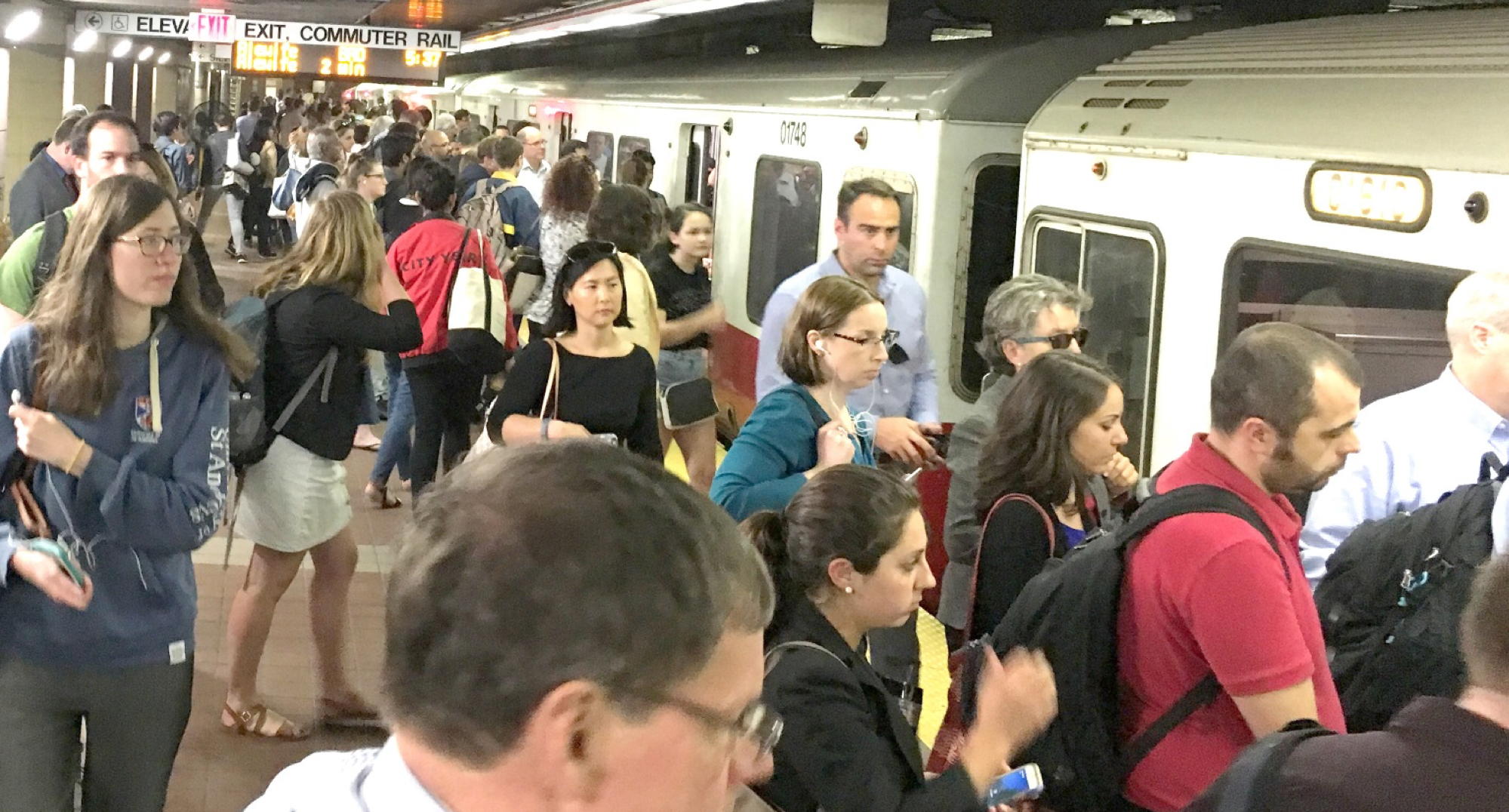
PROJECT
CLIENT
INDUSTRY
- Travel & Hospitality
The Massachusetts Department of Transportation approached EPAM Continuum to help them craft a rider-centric approach to engaging the public.
Massachusetts' public transit system—the MBTA, or as we call it, "the T"—has a long history. In fact, our public transit system was the first in the United States and boasts a rich history of transportation innovation in its 120 years in operation.
As part of its efforts to plan for capital investments over the next quarter-century, the Massachusetts Department of Transportation launched Focus40, a multilateral initiative to understand what will change in the Greater Boston region by 2040. MassDOT partnered with EPAM Continuum to understand the user behaviors and unmet needs of today to ensure that new infrastructure investments will enhance riders' experience in the future. Armed with these insights, we would create a repeatable ideation-and-engagement framework for soliciting ideas from the public.
Together, we embarked on a journey to understand riders well, ideate broadly on system-level improvements, and anticipate emerging futures that will impact each and every T rider in Greater Boston.
Solution
While we have our own ideas for the future of mobility in Boston, our goal was to create a tool that could help MassDOT collect proposals and ideas from the public. To get participants to think beyond their own routes and experiences, we made a game to structure ideation:
Each time the game is played it creates an opportunity to consider system improvements with somebody else’s point of view, build empathy for the broad set of circumstances within which people ride the T, and create an inclusive atmosphere for new perspectives and ideas. Some of our favorite concepts of the project came out of sessions playing the game, like Superhero Seats!
Results
To meet broader audience, we created an event-based version of the game, as an installation at Boston’s Moving Together transportation conference and the Focus40 Interactive Open House at the Bolling Building in Dudley Square. Using the same ideation framework, we asked participants to select one of four personas and follow him or her through the five-step journey.
Using EPAM Continuum’s rider-centric ideation framework alongside Street Team interviews, MassDOT collected over 3,000 ideas and concepts during the Focus40 open submission period. Today, Focus40 continues to champion a transportation plan to better serve Greater Boston: on June 18th 2018 MassDOT released the Focus40 Draft Plan Preview of the initiatives recommendations, calling for broad increases in universal accessibility, climate resiliency, and customer experience.
